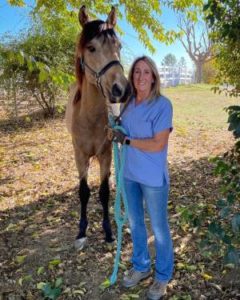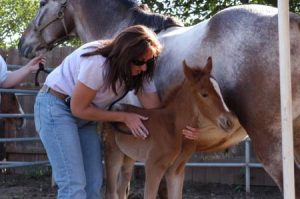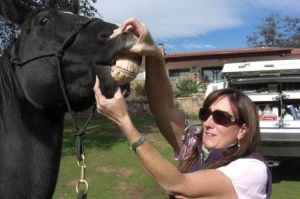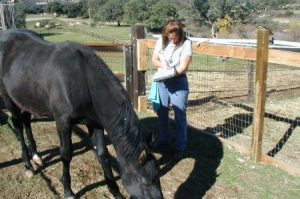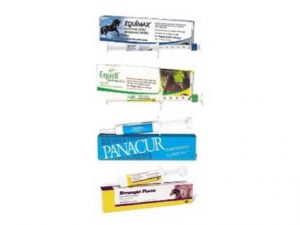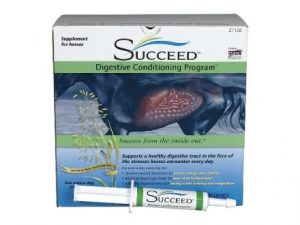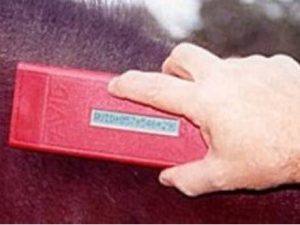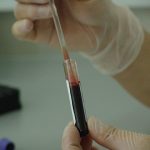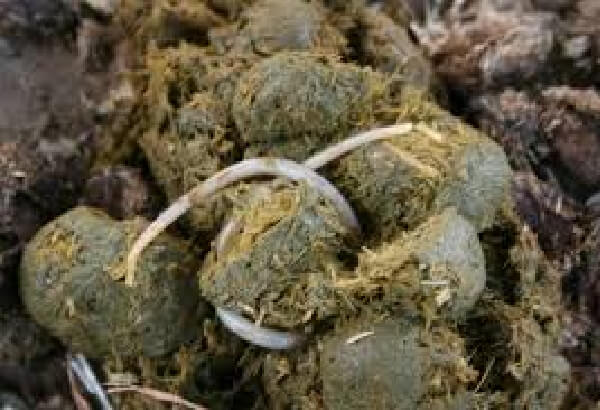
ABCS OF FECTS
Dealing with horse poop is by far one of the least favorite chores of horse owners, but that horse poop can also be a window into parasite surveillance and detection of dewormer resistance. As more horse owners move away from outdated rotational deworming and into a more recommended strategic deworming proqram, fecal egg count tests (FECTs) become especially important.
Fecal egg count tests allow veterinarians to determine a tailored deworming schedule for each horse and to detect resistance on farms.Horse owners should work with Dr. Garfinkel to ensure that fecal egg count tests are properly conducted.
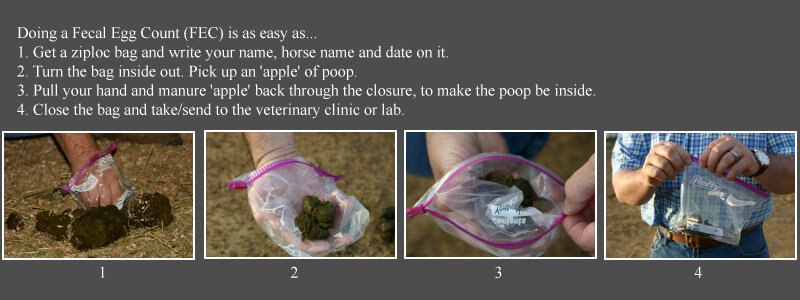
An FECT measures the number of strongyle eggs a horse is passing in each gram of its manure. When you send a sample Dr Garfinkel, you get back a number followed by EPG (eggs per gram), which will tell you whether your horse is a high (more than 500 EPG), medium (200-500 EPG) or low (less than 200 EPG) shedder. FECTs are utilized to help classify horses by the level of shedding. When performed properly, FECTs can help determine appropriate treatment protocols.
After the first FECT, Dr. Garfinkel will ask that you deworm your horse and take a second FECT known as a fecal egg count reduction test (FECRT) – two weeks later. If the egg count number has not dropped significantly from the first test, the worms on the farm may be resistant to that dewormer’s active ingredient.
FECTs can easily be misinterpreted if samples are collected, handled or analyzed improperly.
- Keep samples in containers or plastic bags that are airtight and won’t leak – anaerobic conditions will prevent eggs from hatching and developinq.
- Gather samples as soon as possible and refrigerate immediately – after 12 hours, the sample may be compromised.”
- Ensure Dr. Garfinkel performs the FECT within seven days of collection.”
- Do not freeze fecal samples.”
- Do not use diarrhea for samples – the horse should have normal feces before an FECT is done.?
It’s important to note that fecal egg counts only test for strongyles; they don’t detect for tapeworms. Horses should be treated for tapeworms at least once a year, in the fall, to protect the animal and diminish transmission onto the pasture.
Strategic deworming programs should be developed with Dr. Garfinkel’s guidance,

